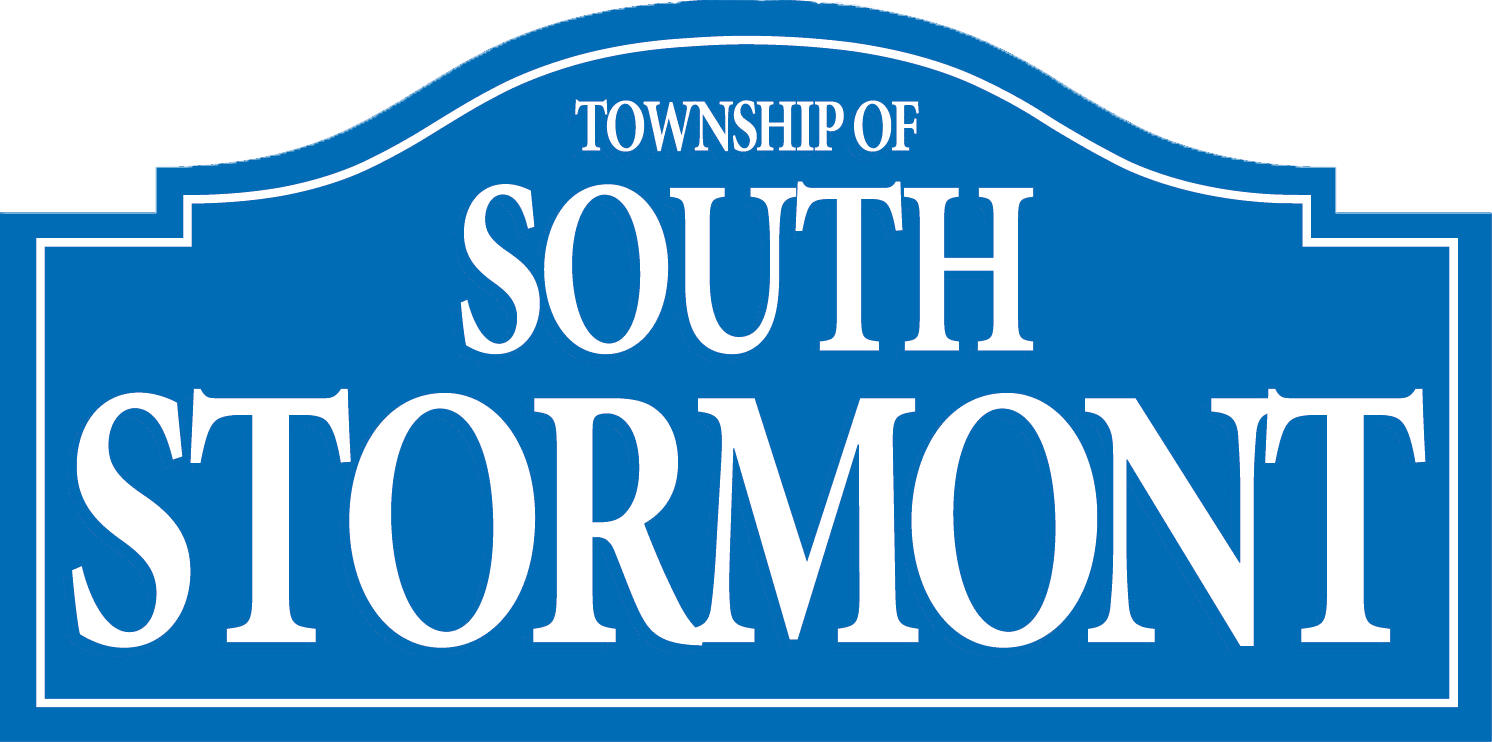In this by-law,
Act means the Municipal Act, 2001, c.25 as amended or replaced from time to time.
Ad Hoc Committee means a committee created by Council with a defined set of responsibilities and term, to report directly to Council on a specific matter.
Advisory Committee means a committee created by Council with a defined set of responsibilities providing advice directly to Council.
Alternate Member of Council means a member appointed to serve as an “alternate member” of County Council when the Member of Township Council is unable to attend a County Council meeting.
By-law means an enactment, in the form approved by Council, passed for the purpose of giving effect to decisions or proceedings of Council.
CAO means the Chief Administrative Officer of the Township.
Chair means the presiding officer of a meeting.
Clerk means the Clerk, or their designate.
Closed Meeting means a meeting, or part of a meeting, of Council or a Committee which is closed to the public as permitted by the Act.
Committee means an advisory committee or other committee, sub-committee or similar entity, appointed by Council.
Confirmatory By-law means a by-law passed at the conclusion of Council meetings, confirming the actions of Council taken at that meeting and any previous meetings which did not have a confirmatory by-law, in respect of each resolution and other actions taken, so that every decision of Council at that meeting shall have the same force and effect as if each and every one of them had been the subject-matter of a separately enacted by-law.
Consent Agenda means a listing of consent items being presented to Council for its consideration.
Consent Item means a report that is presented for approval without debate and with no delegation or presentation.
Council means the Township’s elected representatives, comprised of the Mayor, Deputy Mayor and Councillors.
Councillor means a Member of Council, other than the Mayor.
Declared Emergency means any period of time during which an emergency has been declared in all or part of the Township of South Stormont under Section 4 or 7.0.1 of the Emergency Management and Civil Protection Act.
Delegate means any person, group of persons, firm or organization, who is neither a Member of Council or an appointed official of the Township and who is speaking to committee or Council.
Electronic Device means computers, cell phones, smartphones, personal digital assistants, smartwatches, tablets, voice recorders, cameras or any other similar device.
Electronic Meeting is a meeting conducted entirely through an electronic platform (such as Zoom or Microsoft Teams), where members of Council participate remotely. These meetings are not open to the public for in-person attendance, but are made accessible to the public via livestream in real time.
Electronic Participation means a member of Council who participates remotely in any open or closed Council or committee meeting via electronic means in accordance with this By-law.
Items for Discussion means agenda material that is presented for approval which has an associated presentation or delegation(s).
Majority means, for the purpose of voting, unless otherwise specified, more than half of the Members of Council or committee present at the vote and not prohibited by statute from voting.
Mayor means the head of Council.
Meeting means any regular or special Council or committee meeting when a quorum is present as defined in the Act and includes meetings where some or all Members are attending via electronic participation.
Member means, according to the circumstances, a Member of Council, including the Mayor, or a member of a committee, including the chair.
Motion means a proposal, moved by a member and seconded by another member, for the consideration of Council or a committee.
Notice of Motion means a written notice, given by a member, advising Council that the motion described therein will be brought forward at a subsequent meeting.
Open Meeting means a meeting which is open to the public.
Presentation means an opportunity for Council to recognize a member or members of the public or staff for contributions made to the community or success in attaining a relative goal or objective.
Planning Public Meeting means a public meeting held pursuant to the Planning Act or other legislation where statutory notice is required.
Quorum means a majority of the members.
Recording Device means any device used for the purpose of recording whether it be analogue, digital or other means of recording, including but not limited to computers, cell phones, smartphones, tablets, voice recorders, cameras or any other similar device.
Registered Delegate means an individual who has submitted a request for delegation to the Clerk within the prescribed timelines to address Council or committee in relation to a matter appearing on the agenda.
Resolution means a motion that has carried.
Rules of Procedure means the rules and procedures set out in this by-law.
Regular Meeting means a meeting of Council or committee held at the times and dates specific in this by-law and approved by Council or committee as part of an annual calendar.
Special Meeting means a separate meeting of Council or committee held at a time different than a regular meeting as approved by Council or committee and which is focused on one or more particular and specific items or subjects.
Township means the Township of South Stormont.



